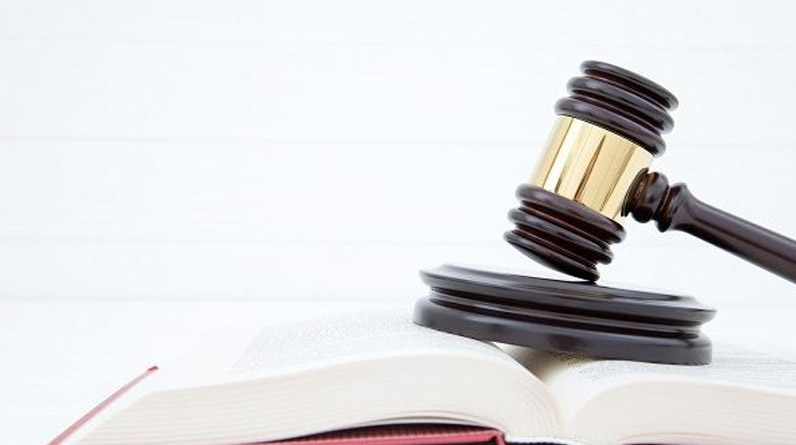
Music licensing is a great way for independent artists to profit from their creations. However, the process can be confusing for many musicians.
Fortunately, some companies can take the hassle out of music licensing for musicians. Here are some things you should keep in mind before trying to license your music:
Understanding Copyright Laws
Copyright laws protect intellectual property, such as music. This protection is in place to encourage artists to create and share their work, as they can earn money from it. However, with new methods for playing copyrighted music constantly being developed, musicians must keep up with these changes to ensure they’re not violating copyright laws.
Music licensing is a process where a business (or individual) pays the owner of a song to use it in their media. It could be a video on YouTube, a TV commercial, or an audiovisual project with a commercial purpose.
Licensing music can be confusing, and many people need help understanding how it works. The biggest factor in understanding how it works is knowing that all songs are copyrighted and that a license must be obtained to play them publicly.
In the United States, most businesses must pay royalties to the performing rights organizations (PROs) — ASCAP, BMI, and SESAC if they play popular music. These royalties are distributed to the artist and songwriters that created the music.
There are exceptions to this rule, however. If a business plays a song that is not popular, it may be exempt from paying the royalties. Other exemptions include face-to-face instruction in educational settings and public performances of musical works in religious settings.
Choosing the Right License
Music licensing is important for musicians and their ability to get paid, but it’s also an excellent way to create passive income for business owners. By learning more about copyright law and how it affects music licensing for small businesses, you can ensure that your business operates legally.
The most common type of music license is a synchronization license, which allows you to use music in a moving picture (like a television show, commercial, film, or video game). This type of license requires that you have permission from both the owner of the recording and the author of the song (also known as the songwriters).
Another popular form of music licensing is through music publishing companies. These companies often sell both synchronization and public performance licenses and collect royalties on behalf of the songwriters. It can be a great option for musical artists to increase their exposure and build their brand. However, it’s important to remember that when working with a music publishing company, you typically have to share a percentage of your royalties with the publisher.
Identifying Your Audience
Every marketing blog has the phrase “know your audience” somewhere in it. Still, many business owners must learn their audience to make that phrase meaningful. That’s because performing audience research is time-consuming, labor-intensive, and often could be more cost-effective.
Luckily, some simple ways to do this can help you save money and time. The first step is to look at the existing customer data you have. Look at customer interviews, social media followings, and website traffic to learn about your customers’ demographics, interests, and needs. Then, use this data to find out what type of music they enjoy and where they like to listen to it.
Once you have this information, you can start narrowing down your music licensing options. For example, suppose you are a bar, restaurant, or retail business. In that case, choose a public performance license for unlimited use for a one-time payment of $99. That would allow you to play any song in your venue that is not in the public domain, including sheet compositions from 1923 and earlier and music streamed from services such as Spotify, iTunes, and Apple Music. It is a good choice for businesses that want to create an inviting atmosphere for their guests.
Creating a Licensing Strategy
Music licensing is a great way to get your songs in front of more people and gain exposure. Songwriters, composers, and artists always look for ways to get their work out there legitimately. One of the most common ways is to license their songs through what is known as a sync license. A sync license gives businesses the right to use a song for a certain amount of time in exchange for a one-time fee.
This license type is required for businesses that play copyrighted music in their establishments. Music licensing is a huge industry and generates tremendous revenue for musicians, composers, and publishers. Whether the music is used in movies, TV shows, commercials, video games, or radio, a business must have the proper music license to use it.
Businesses must understand that playing copyrighted music without a license can be costly.
To avoid being hit with hefty fines, businesses can purchase music licenses directly from the PROs or opt for a licensed internet jukebox. Generally, both options are much cheaper than being hit with a costly lawsuit. It is particularly true for restaurants and bars, which often have to pay BMI or ASCAP minimums.






